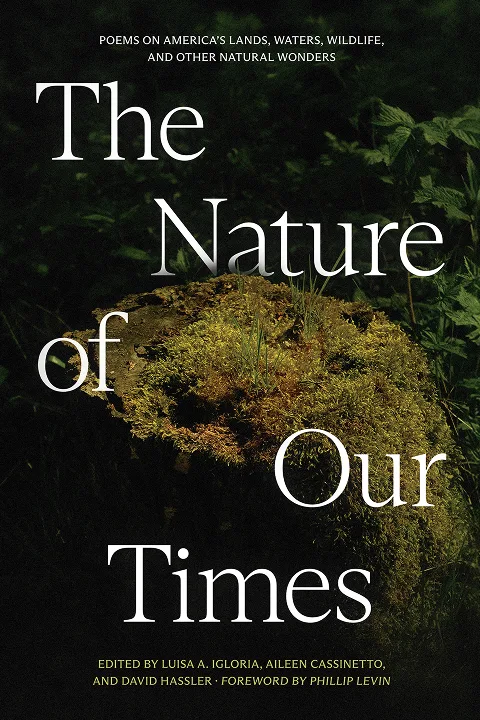Choice as Strategy: Homosexuality and the Politics of Pity
Choice as Strategy: Homosexuality and the Politics of Pity
I came out to my mother in a letter. I was twenty-eight. “I was born this way,” I wrote, following with the most shattering high note of self-loathing I can think of: “If there were a straight pill,” I lamented, “I’d swallow it faster than you can say the word ‘gay.’”
I didn’t mean either of these things. I said them because I knew they would elicit pity and absolve my mother of the belief that her parenting was to blame for my same-sex attractions. It worked. Five years later, my mother continues to talk about my lesbianism as if it were a genetic defect like Down syndrome—a parallel she’s actually drawn—because clearly, in her mind, no one would choose such a detestable and challenging state of being.
This is not a message I’m proud to have sent. Contrary to how I actually feel about my sexuality, it suggests that I’m drowning in a sea of self-disgust, desperately grasping for a heterosexual lifeboat to sail my way out of it. But would my mother have been as sympathetic and tolerant if she thought I had a choice in the matter? Would conservative allies support us if they believed we could help it?
If the answer is no, and I believe it is, what does it say about our self-worth and status in society if we, as gay people, must practice a politics of pity to secure our place in the world? It says, for one, that we don’t have a place at the table. It says that we are tolerated, but not accepted. It says, ultimately, that it’s time to change our rhetoric. Until homosexuality is cast and understood as a valid choice, rather than a biological affliction, we will never rise above our current status. We will remain Mother Nature’s mistake, tolerable (to some) because our condition is her fault, not ours.
By choice, I don’t mean that one can choose one’s sexual propensities any more than one can choose one’s personality. What I mean is that it’s a choice to act on every desire we have, and that acting on our same-sex attractions is just as valid as pursuing a passion for the Christian faith or Judaism or any other spiritual, intellectual, emotional, or physical craving that does not infringe on the rights of others. And it should be respected as such.
As a firm Kinsey 6—with 6 being the gayest ranking on sexologist Alfred Kinsey’s 1–6 scale of sexual orientation—I understand the resistance to putting choice and homosexuality in the same sentence. My same-sex attractions were awakened in me at such a young age that they felt as much a part of me as my limbs. In the late nineties, when I was coming out, had someone told me that I had chosen my deepest, most tender, and passionate affections, it would have been like telling me that I had chosen the arms and legs I have.
But I have plenty of desires, like throwing my fists in the faces of conservative Republicans, which for one reason or another, I don’t act on; my desire for women is not one of them. Bio...
Subscribe now to read the full article
Online OnlyFor just $19.95 a year, get access to new issues and decades' worth of archives on our site.
|
Print + OnlineFor $35 a year, get new issues delivered to your door and access to our full online archives.
|






